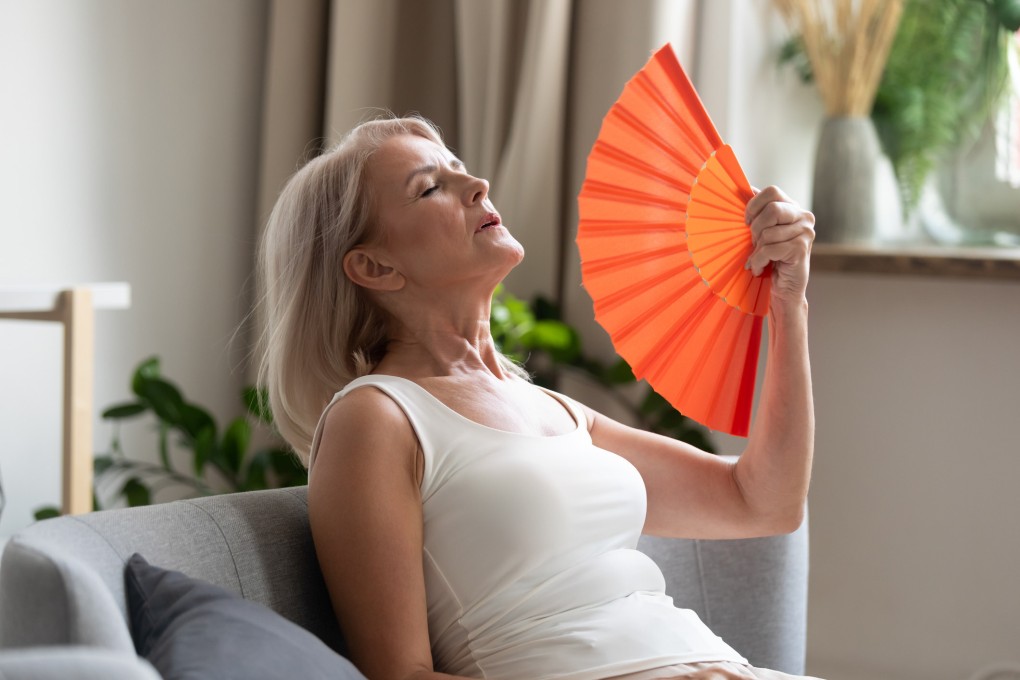World Menopause and Work Day: how women can ease transition into non-fertile years and – with employers’ support – stay a vital part of the workforce
- September 7 marks the first World Menopause and Work Day which calls on employers to better support mid-age women workers going through the natural life stage
- Talking about menopause in the workplace can reduce stigma and help women find ways to lessen debilitating symptoms such as insomnia, migraines and anxiousness

Zoe Von Hess started experiencing major changes to her mind and body about six years ago.
“I was always tired and would lose my temper and get upset over small things, which I never did before,” says the British-born, Hong Kong-based mother of three. “I had insomnia, panic attacks and mood swings and my temperature was off. I also developed a supersensitive digestive system and was suddenly intolerant to coffee and alcohol … I thought I was going insane.”
Von Hess was experiencing the symptoms of menopause, the natural cessation of a woman’s menstrual cycle that marks the end of fertility.
Most women experience menopause by the age of 52. Von Hess was 42 at the time and later discovered her mother also started symptoms around the same age.
“Back then I had a vague idea about menopause but I was really not prepared,” says Von Hess, who was advised at a family planning clinic to go on the birth control pill. She refused.